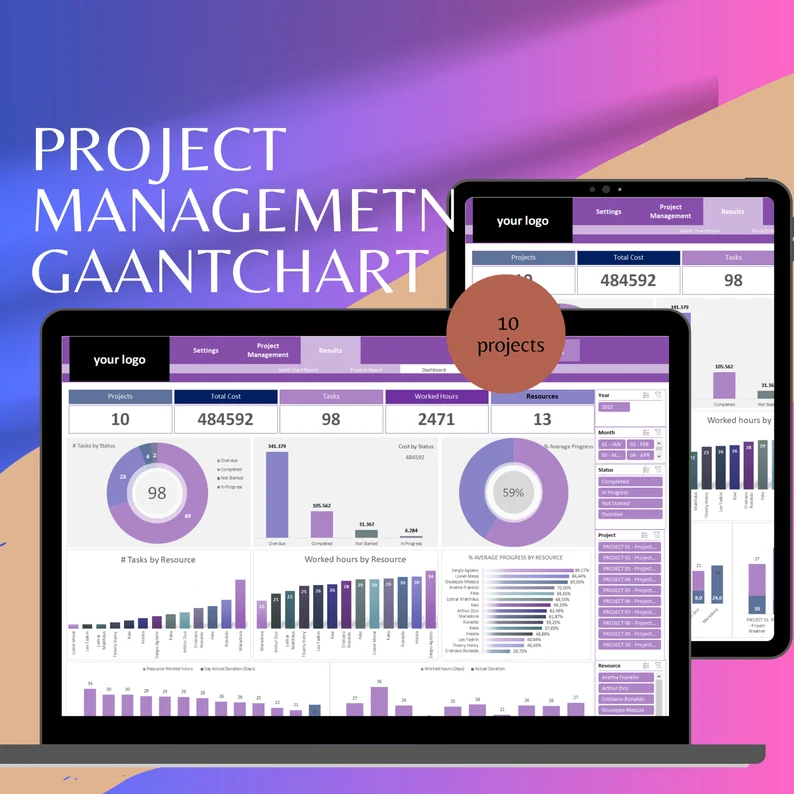Guiding Success: The Art and Science of Project Management
Introduction
Project management is a multifaceted discipline that empowers organizations to achieve their goals efficiently and effectively. Whether it’s constructing a skyscraper, launching a new product, or organizing a major event, project management is the driving force behind successful outcomes. In this blog post, we explore the world of project management, its principles, methodologies, and the profound impact it has on organizations and projects of all scales.

1. The Essence of Project Management
At its core, project management is about planning, executing, and controlling projects to meet specific objectives. It involves defining project goals, breaking them into tasks, allocating resources, and ensuring that everything runs smoothly from initiation to completion.
2. Key Principles of Project Management
Effective project management relies on several key principles, including:
- Clear Objectives: Defining precise project goals and deliverables.
- Planning: Creating a detailed project plan, including timelines, budgets, and resource allocation.
- Team Collaboration: Building and leading a motivated project team.
- Risk Management: Identifying potential risks and developing mitigation strategies.
- Continuous Monitoring: Tracking progress, making adjustments as needed, and ensuring that the project remains on course.
- Quality Assurance: Ensuring that project outcomes meet the required quality standards.
3. Project Management Methodologies
Several methodologies exist to guide project management, including:
- Waterfall: A linear approach where each phase of the project is completed before moving on to the next.
- Agile: An iterative approach that emphasizes flexibility, collaboration, and rapid adaptation to changing requirements.
- Scrum: A specific Agile framework that divides work into short cycles (sprints) and emphasizes teamwork and communication.
4. The Role of Project Managers
Project managers are central to the success of any project. They are responsible for defining project goals, assembling the team, creating the project plan, monitoring progress, and ensuring that the project stays on track. Effective leadership, communication, and problem-solving skills are essential for project managers.
5. Project Management Tools and Software
Modern project management relies on a variety of tools and software to streamline processes. These tools include project management software, Gantt charts, and collaboration platforms that facilitate communication and document sharing.
6. Project Management in Different Industries
Project management principles apply across various industries, from construction and IT to healthcare and marketing. Each industry may have its unique challenges and specialized knowledge areas, but the core principles of project management remain consistent.
7. The Impact of Effective Project Management
Effective project management has a profound impact on organizations. It leads to better resource utilization, increased efficiency, reduced costs, and improved customer satisfaction. Ultimately, it can be the difference between project success and failure.
Conclusion: The Catalyst for Success
Project management is the catalyst that transforms ideas into reality, that turns plans into executed projects, and that ensures that objectives are met efficiently and effectively. In a world where organizations constantly strive to achieve more, the principles and practices of project management are the driving force behind their success.
